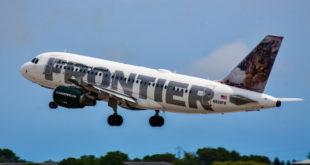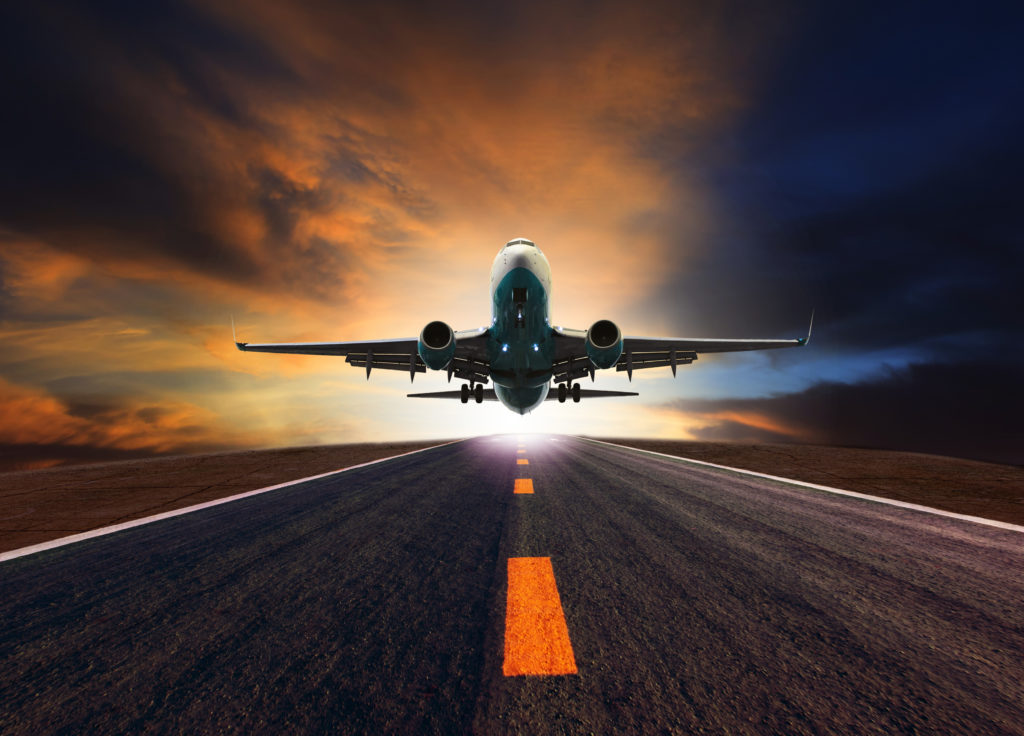Nothing makes me feel younger than the ability to jetset to a beach somewhere (or Las Vegas!) to chill out.
That’s why I was surprised when I saw this article about how frequent travel ages us.
In Cohen’s review of the literature, he found that this mobile elite, instead of bragging about their exciting lifestyles, should be very concerned about their health. “[Business travel] has a wide range of physiological, psychological and emotional, and social consequences that are often overlooked, because being a ‘road warrior’ tends to get glamorized through marketing and social media,” says Cohen. He argues that this glamorization of hypermobility—used to sell flights, frequent-flyer memberships, and hotel rooms—has silenced the negative health effects frequent business travelers expose themselves to.
So what are some of these negative health benefits?
One they talk about is radiation, but I think–despite all my travel–I still have more radiation from medical tests than I do from frequent travel. Â So perhaps my doctor’s orders are aging me fast (which seems strangely ironic), but I doubt being in the air is aging me faster than a CAT scan.
Another thing the article talks about is jet lag.
Specifically:
“Frequent flying can lead to chronic jet lag, which can cause memory impairment and has been linked in studies to disrupting gene expression that influences aging and the immune system, and increased risk of heart attack or stroke,” says Cohen.
I’m not sure I buy this.  I think if anything, frequent travel has made me more equipped to handle jet lag.  When I travel to the West Coast, I always keep East Coast hours.  I feel like I have a routine to my travel that keeps me from feeling overtired.
The article also talks about how frequent travelers are lonely. Â My guess is that this refers to unwilling frequent travelers–that is, travelers whose work circumstances suddenly threw them into travel. Â From my perspective, I have friends all over the country. Â Usually when I travel, it’s an opportunity to see friends I don’t normally get to see. Â It’s only lonely when I am unexpectedly stuck somewhere.
All in all, it feels like the article makes assumptions about how individuals handle travel.  I think if you don’t necessarily want to do extra travel, it can affect your health.  But if you’ve built your schedules around it and figured out how you travel best, you won’t run into these negative effects.
 Le Chic Geek
Le Chic Geek





Maybe not, but most frequent flyers I have met are horribly out of shape
If you don’t have a scientific background you might find it challenging to understand the analysis the research team was doing. The assumptions they have made are to allow for an analysis on the most significant variables that would affect an outcome (the outcome in this case being how rapidly does a person age) which would see if there is a statistically significant link. Aging faster than the usual person can be measured by observing the mitochondrial cells in the human body (as well as other parameters). Several studies have shown links to rapid aging from environmental factors (such as drinking alcohol, smoking, drugs) when compared to a controlled population. Similarly, you can study the effect of frequent flying on the human body. The radiation exposure is significantly higher for individuals traveling on a plane versus walking/biking/training to a destination – that is an undeniable fact that has been measured enough times. Jet lag is also not a normal phenomenon in day to day life. As a frequent flyer, it is something that is experienced and definitely has an effect on a person’s health. You should show more respect of work that’s being done to illuminate the negative effects of overdoing a particular hobby (or employment for some people). For example, I can’t imagine someone this day and age saying that studies on smoking linked to cancer and cardiovascular disease make assumptions about how one smokes. Based on your logic: “If someone doesn’t necessarily want to do extra smoking, it can affect your health…but if you have figured out how to smoke best, then you won’t run into these negative effects.” Flying after a certain threshold does become harmful, it’s no different than overdoing anything else – it really is conceptually as simple as that.
I think some of logics here don’t make a lot of sense. It is true that we all get radiation from medical tests. However by flying you get extra. To simply put if everything else is the same the frequent travellers get more radiation than the normal people and thus they must age more. It has nothing to do with the magnitude of the radiation you get from medical tests because both will get the same amount. Of course you should avoid unnecessary medical tests but that has nothing to do with the argument here. Same can be said for jetlag. Normal people will never get a jetlag and the effect of the jetlag is not about how you mentally prepare yourself. It is about the physical effect such as hydration and less body movements etc. This one is avoidable but requires a lot of attentipn. Drinking a lot of water and contantly moisturizing all of your skin, hair, scalp, lips, etc and stretching often. But I know it is nearly impossible to be in the state similar to one on ground. So again the same logic applies. If you are prepared you are better but you still suffer from aging more by flying more. That is compared to people who don’t fly. But the these studies often talk about the average person not the extremes. In other words extremely well prepared and concious frequent traveller could be better than someone who doesn’t fly and go to doctors for all sorts of tests but that is not what the study is doing.
Frequent flying does lead to memory impairment. I cannot count the number of times I left a plane only to find nothing seemed familiar about where I was, I could not understand what people were saying and I lost track of the time. Once, on a flight to Athens, I slept on the way over, but when I awoke everything was Greek to me.
hey-ooo
So if all this is true, why aren’t the unions demanding that pilots and FA’s retire at 50 like firemen and policemen due to the hazardous, life-shortening duty they are doing? Their exposure to the factors cited is way more than any of us. I guess that’s why they all die young in those professions…oh, wait, no they don’t.